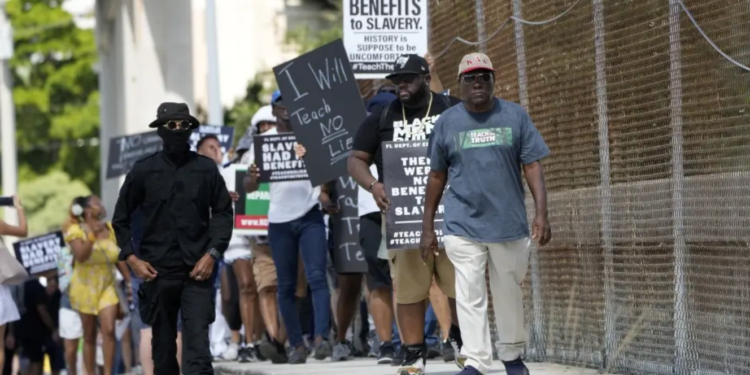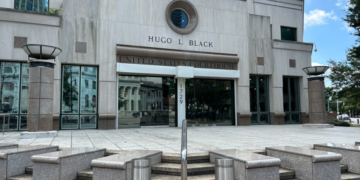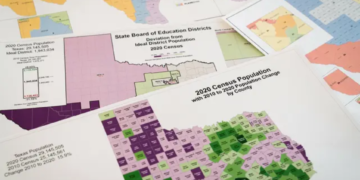Sep 3, 2024 Story by: Editor
Civil and voting rights organizations achieved two significant victories for Georgia voters by securing preliminary injunctions that relax the burdensome birthdate requirement for absentee ballots and permit “line relief” for voters waiting in lengthy lines to cast their votes. However, these victories have been appealed to the 11th Circuit Court, and with less than ten weeks remaining before the general election, the plaintiffs are optimistic that the Northern District of Atlanta’s injunctions will remain in effect.
The plaintiffs include individual community members and trusted organizations dedicated to protecting the rights of Black voters, voters of color, and voters with disabilities in the upcoming election. The recent rulings blocked certain aspects of Georgia’s Senate Bill 202 (SB 202), which unnecessarily mandates that voters include their birthdate on absentee ballot envelopes and prohibits the distribution of food and water to voters waiting more than 150 feet from polling places—a practice known as “line relief.” The plaintiffs successfully argued that these requirements violate the Civil Rights Act and the First Amendment.
In response, the State of Georgia and the Republican National Committee (RNC) have challenged the preliminary injunctions in the 11th Circuit. On August 30, the plaintiffs submitted briefs defending line relief and the removal of the birthdate requirement, arguing that these measures should remain in place while the case is pending in the District Court.
Additionally, the plaintiffs are challenging other provisions of Georgia’s SB 202, claiming they violate federal law and intentionally discriminate against Black voters, voters of color, and voters with disabilities. The lawsuit contends that several provisions infringe upon voter protections under the 14th and 15th Amendments to the U.S. Constitution, as well as Section 2 of the Voting Rights Act, the Americans with Disabilities Act, the Rehabilitation Act, and the Civil Rights Act.
The specific provisions of SB 202 being challenged include:
- A shortened timeframe for requesting absentee ballots.
- Restrictions on the use of secure ballot drop boxes.
- Disqualification of provisional ballots cast in a voter’s county of residence but outside the voter’s precinct before 5:00 p.m. Previously, all contests for which the individual was eligible were counted on that precinct’s provisional ballot.
- A significant reduction in early voting for runoff elections.
- Stringent restrictions on the use of mobile voting units, which have historically been utilized to address shortages of accessible and secure polling locations that lead to long lines at traditional polling sites.
The lawsuit was filed by a coalition including the Legal Defense Fund (LDF), the Southern Poverty Law Center (SPLC), the American Civil Liberties Union (ACLU), the ACLU of Georgia, as well as the law firms WilmerHale and Davis Wright Tremaine LLP (DWT). They represent the Sixth District of the African Methodist Episcopal Church, Delta Sigma Theta Sorority, Inc., Georgia ADAPT, and the Georgia Advocacy Office, along with other organizations such as the Georgia Muslim Voter Project, Women Watch Afrika, Latino Community Fund of Georgia, and The Arc of the United States. Source: LDF

















